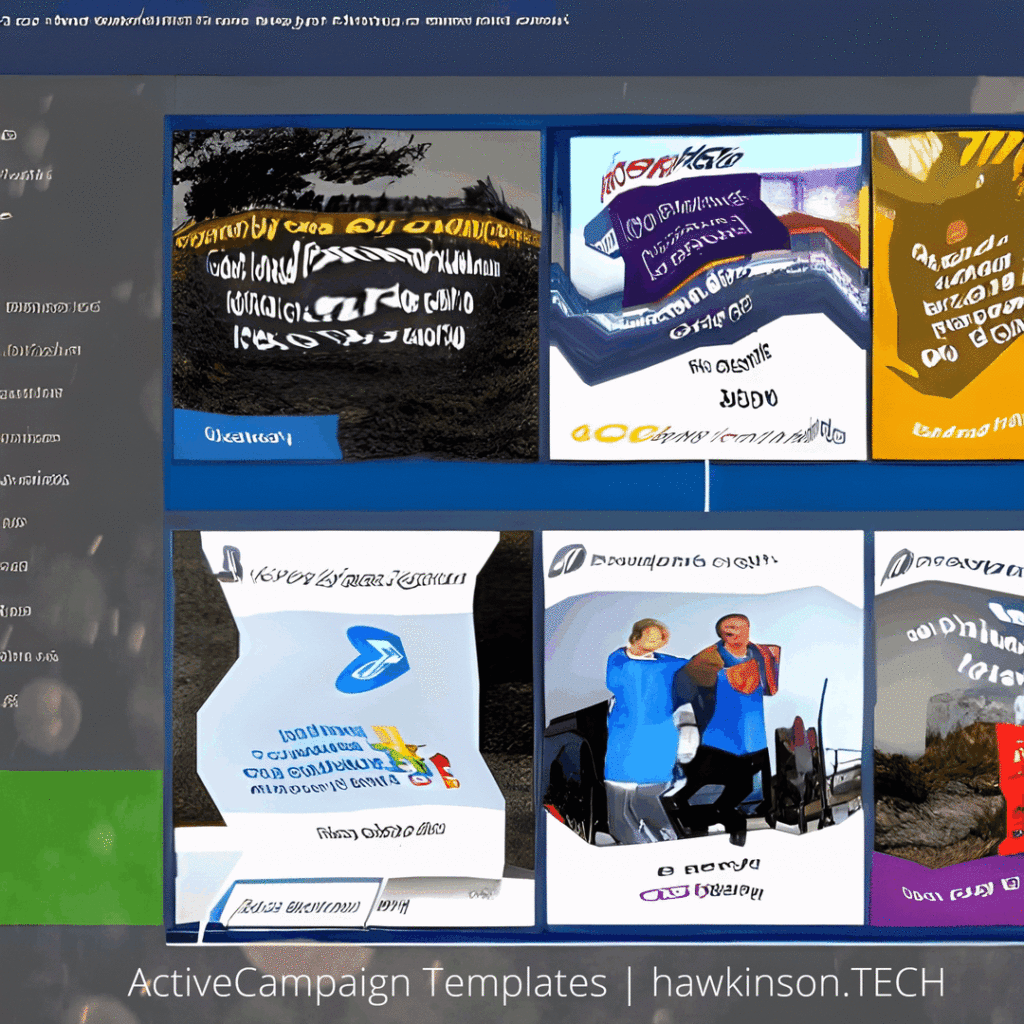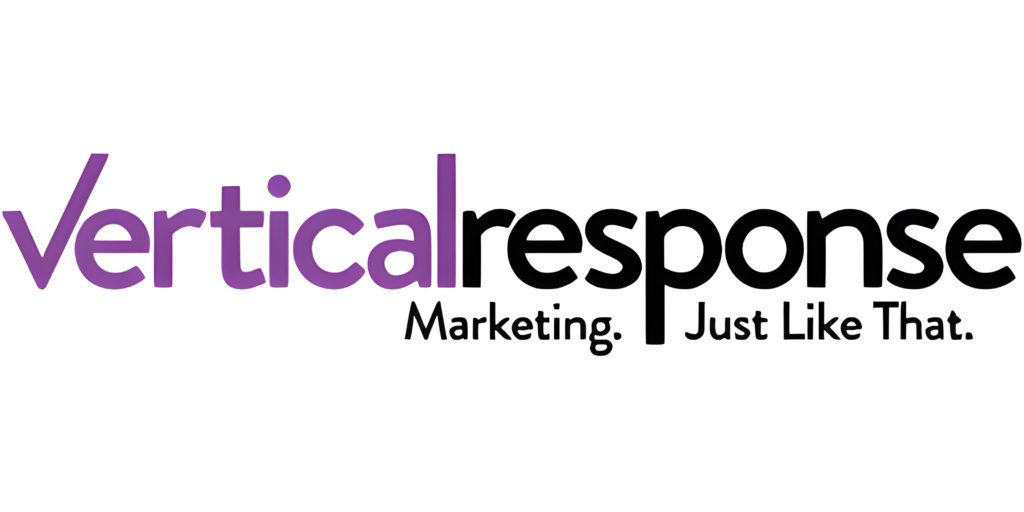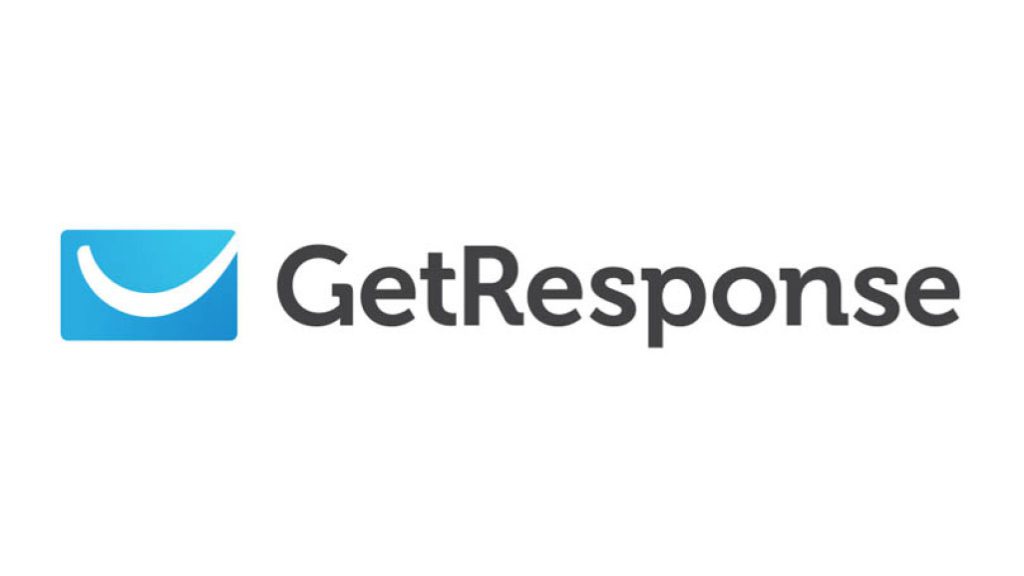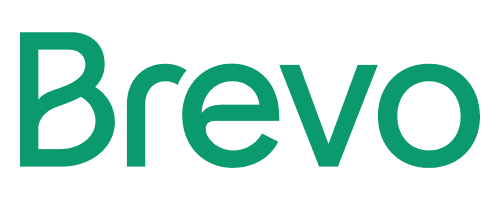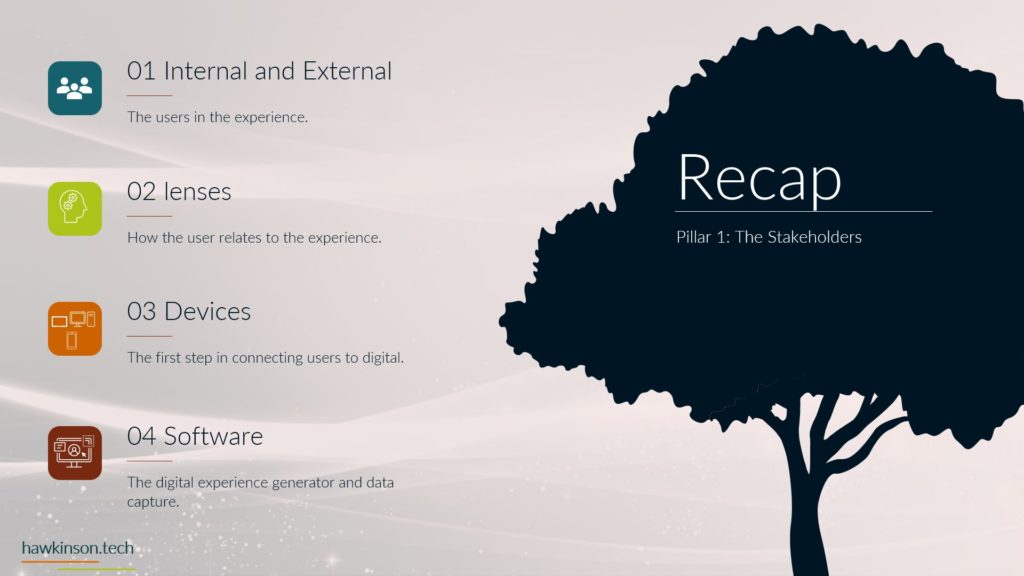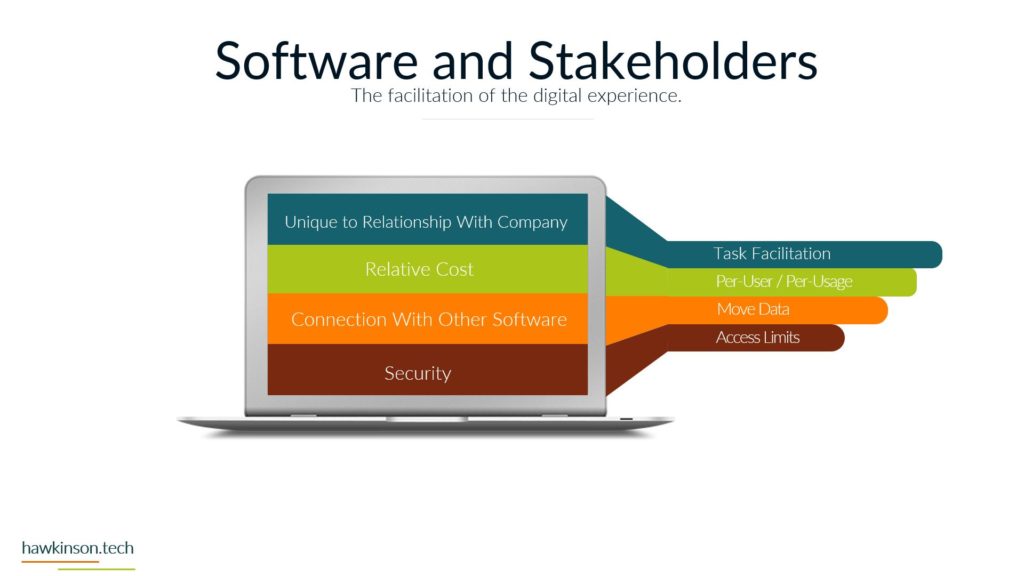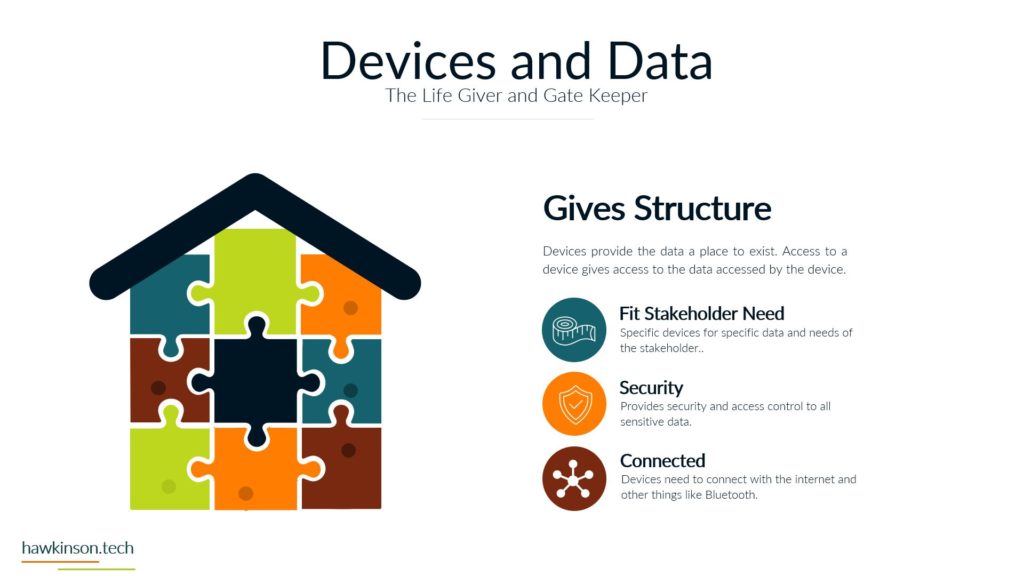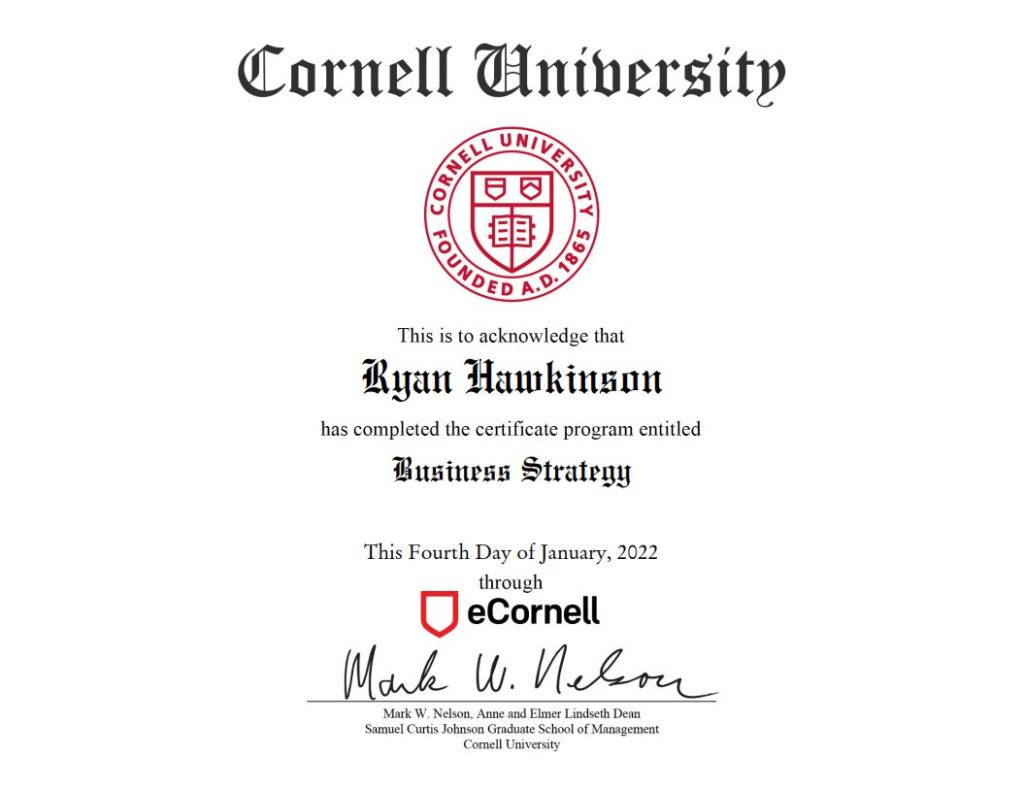Businesses now have numerous channels to reach and engage with their target audience. However, email marketing remains a tried and tested method amid the ever-evolving landscape. Email marketing lets businesses connect with their customers personally, delivering tailored content, promotions, and updates directly to their inboxes.
Please continue reading to learn the email marketing definition, explore its benefits, and provide valuable tips for effective email campaigns.
Email Marketing Definition
Email marketing is a method to directly market business services that involves sending targeted messages, information, or promotions via email to recipients who have willingly subscribed to receive such communication. This permission-based approach allows businesses to nurture relationships, build brand loyalty, and drive conversions through personalized and relevant content.
In a way, you could also say email marketing def is: Email marketing allows businesses to reach their target audience directly in their personal email inboxes. This form of marketing enables companies to deliver personalized and relevant content, such as promotional offers, newsletters, updates, announcements, and more, to subscribers who have opted to receive emails from them.
Types of Email Marketing
Several different types of email marketing can help you in different ways. Some of the most common types of email marketing include the following:
- Welcome Emails: Sent to new subscribers to introduce your brand, set expectations, and provide a warm welcome. Include a brief overview of your offerings and invite recipients to explore further.
- Promotional Emails: Aimed at promoting sales, discounts, new product launches, or special events. Craft compelling offers and use persuasive copy to encourage recipients to take action.
- Educational Emails: Provide valuable information, tips, or tutorials about your industry or product. Position yourself as an expert and build credibility among your subscribers.
- Cart Abandonment Emails: Recipients who add items to their shopping carts but don’t Remind them of the items they left behind and provide an incentive or personalized offer to encourage them to complete the transaction.
- Re-Engagement Emails: Target inactive subscribers and attempt to reignite their interest in your brand. Offer exclusive content, discounts, or incentives to encourage them to re-engage with your emails.
Email Marketing Glossary
To better understand email marketing’s definition, you must understand its different associated terms. These are words that you will often encounter during your email marketing campaign. Some of the most common terms associated with email marketing include the following:
- Subscribers: Individuals who willingly receive emails from a particular business or organization.
- Campaign: A planned series of email communications designed to achieve specific marketing goals.
- Opt-in: The process by which individuals give explicit consent to receive emails from a company.
- Segmentation: Dividing an email list into specific groups. These groups can include divisions based on demographics, interests, or purchasing behavior.
- Conversion: The desired action a recipient takes in response to an email, such as purchasing, signing up for a service, or completing a form.
- Click-Through Rate (CTR): The percentage of clients who click on a link within an email indicates their engagement with the content.
- Open Rate: Percentage of clients who open an email.
- Autoresponder: Automated emails triggered by specific actions or events, such as a welcome email to new subscribers or a follow-up after a purchase.
- A/B Testing: Experimenting with different versions of an email to determine which performs better in terms of open rates, click-through rates, or conversions.
- Unsubscribe: Opting out or removing oneself from an email list.
Benefits of Email Marketing
Now that you know the email marketing definition, types, and associated glossary terms, you must understand the benefits of email marketing to understand its worth truly.
It Allows You to Reach a Wider Audience
Email has a vast user base, with billions of active email accounts worldwide. This allows businesses to connect with a large audience and expand their reach. Reaching a wider audience helps build brand identity and improve lead generation. While other digital marketing strategies involve having the target client come to you, email marketing allows you to go to the client.
It Enables Targeted Communication
Email marketing enables businesses to segment their audience based on demographics, interests, past purchases, or engagement levels. This segmentation allows for highly personalized and relevant messages that resonate with individual subscribers, increasing your reachability and conversion rates, as the client fully understands how your services or products will benefit them.
It Is Cost-Effective
Email marketing is relatively inexpensive, especially when compared to other marketing methods. With a well-planned strategy, businesses can achieve a significant return on investment (ROI) by targeting engaged subscribers and minimizing expenses.
It Offers Measurable Results
Email marketing platforms provide valuable insights and metrics, allowing you to track your performance. You can track performance metrics by analyzing open rates and other key goals to help measure the effectiveness of email marketing efforts and make data-driven decisions.
Disadvantages of Email Marketing
To truly understand email marketing, you must look at both sides. Despite its many benefits, email marketing has some drawbacks that, if you know beforehand, can help you improve your email marketing campaign. Below are some of the main disadvantages of email marketing.
The Deliverability challenges
They are ensuring that emails land in recipients’ inboxes can be challenging due to spam filters and changing email algorithms. Moreover, there is no guarantee that the recipient will open a promotional email or click the link. Thus, there is no set standard of deliverability that you can achieve.
It May Lead to Information Overload
One of the most significant disadvantages of email marketing is information overload. With the abundance of emails flooding inboxes, there is a risk of email fatigue, leading to lower engagement and unsubscribes. Thus, businesses need to analyze the number of emails they send.
Compliance and legal Considerations
While not a disadvantage per se, one of the drawbacks of email marketing is that businesses must comply with privacy regulations. Some of the biggest regulations include the General Data Protection Regulation (GDPR) and the CAN-SPAM Act to avoid legal issues and maintain trust with subscribers. This can become complicated for those who must be aware of such guidelines.
Conclusion
Email marketing effectively allows businesses to engage with their audience and drive conversions. By employing personalized strategies, delivering valuable content, and utilizing various types of emails, companies can build strong relationships, nurture leads, and ultimately achieve their marketing goals. Regularly analyze your campaign metrics, adapt to changing trends, and consistently refine your email marketing strategy to ensure long-term success.








